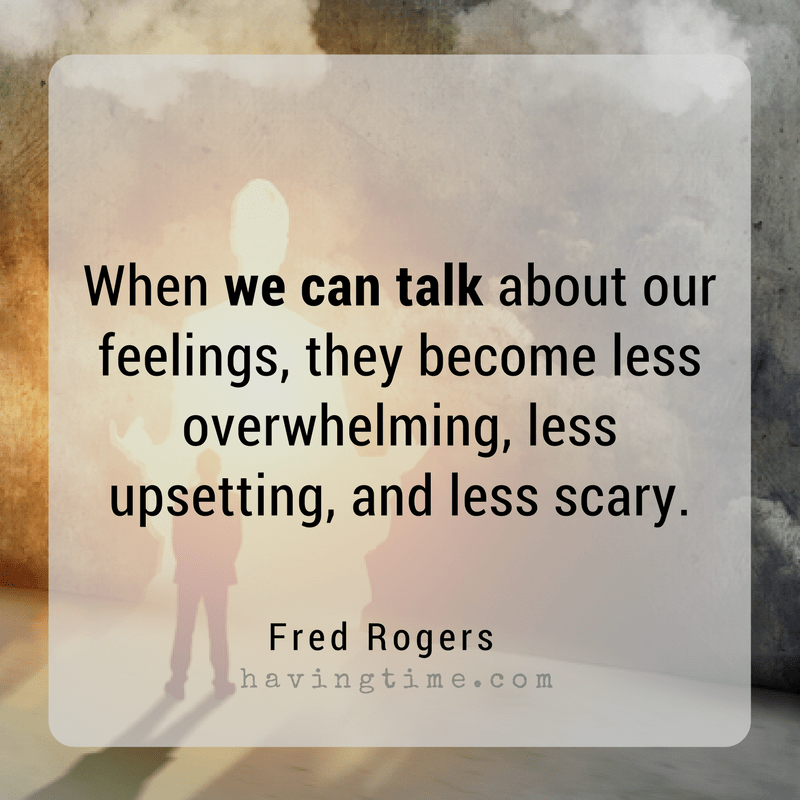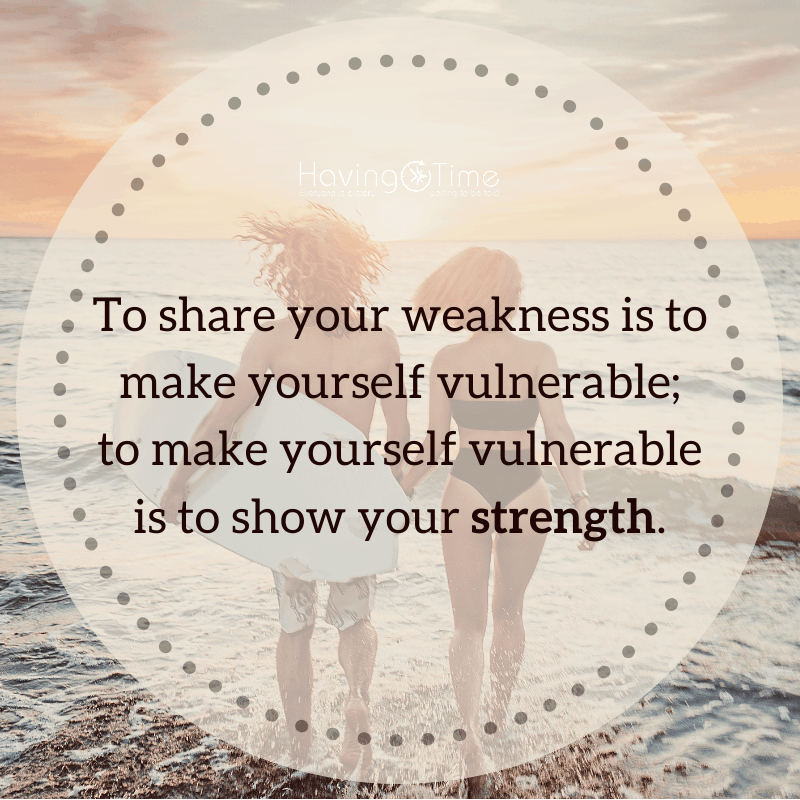Are you living the life you’ve always wished for? Or have you seamlessly settled into the status quo? Have you ever struggled in your past relationships, not knowing what went wrong or what could have been fixed? Are you still searching for answers? Look no further and, please, grab yourself a cup of tea and read on, because Ronald J. Frederick Ph.D. is about to teach us how we can reprogram our mind for stronger relationships.

By the time I was twenty, it had already become apparent to me that there was more to this thing called love than meets the eye. I mean, the falling in love part—going from butterflies and sweaty palms to passion and euphoria in what seemed like an instant—was pretty easy. But it was the staying-there-and-making-it-work part that was tripping me up. I didn’t get it. Isn’t loving someone supposed to be effortless, I wondered? Is there something I’m missing or not understanding? Is there something I’m doing wrong?
After many years of studying human psychology, working with clients in therapy, and exploring issues in relationships, I’ve come to understand that, while our specific problems in romance may differ, the underlying theme for most of us is the same. At the core of our struggles is the fear of being emotionally present and authentic in our relationships.
When it comes to building stronger relationships – we are afraid of being our true selves with our partners
I say this to you from a very personal. My early experiences in life with my parents gave shape to my nervous system was; both of my parents both had a fair amount of conflict and anxiety around emotion and connection. Despite their best efforts and their love for my sisters and me, neither was well equipped to help us develop good internal road maps for navigating emotional connections.
Let’s say that my earlier romantic relationships were a testament to this less-than-ideal conditioning.
While my partnerships would start well, within a matter of months, they’d become challenging in all-too-familiar ways. I’d go from feeling a sense of playfulness and discovery to a place where I found it harder and harder to feel as though my partner and I were on the same emotional page.
Frequently I felt insecure and unsure. Any shared happiness felt fleeting, quickly short-circuited by my fear of what might happen next. I always worried that I’d say or do something wrong and mess things up. I’d feel angry or disappointed about something that happened between myself and a partner but would then doubt myself, talk myself out of my feelings and avoid addressing the matter directly with either myself or with my partner.
Although I longed for a sense of closeness and connection when a partner and I would spend time alone, I would often feel restless; it was difficult for me to be still, to arrive, to be fully present.
I had no idea how anxious I was under the surface; no sense of how much fear was affecting every part of my life. I didn’t realize that my constant running—from home, to work, to school, to the gym, and home again—was all fueled by a deep-seated, underlying fear of my emotions and connection.
It was this fear that kept me from my real feelings and prevented me from developing the deep, stronger relationships I wanted
What I was aware of was how alone I felt. I’d spend time with friends, family, and my partner, and afterward, I’d walk away feeling empty but longing for connection, not knowing what got in the way. Was it something I did? Was it something I said? Do they not like me or find me attractive? I couldn’t put my finger on it. Why do I always end up feeling so alone?
Eventually, my struggles brought me to the office of a psychotherapist who approached things quite differently from other therapists I’d previously worked with. We focused on what was going on inside of me emotionally instead of focusing on what was going on in my head.
To my surprise, I discovered just how difficult it was for me to be present with my feelings, especially when I was face-to-face with someone else.
Through the hard work of opening up to my emotional experience, I came to understand that, because of my early childhood learning, I was still unconsciously expecting that something terrible would happen if I opened up and expressed myself. The old software in my brain kept giving off warning signals, reining me in, and forcing me down a narrow, well-worn path: “Avoid your feelings or something bad will happen.”

I realized that if I were going to get anywhere different, including developing the loving, long-term relationship I longed for, I’d have to find a way to lean into my feelings even when it felt scary to do so. I would have to learn how to slow down, stay present, manage my discomfort, and remain open even when it felt challenging.
It was scary at first, sometimes overwhelming, but over time, a space inside me opened up in which I could step back and recognize when my old software was getting activated. Instead of running away, I learned to lean into and stay with my emotional experience.
I started to develop the courage to open up and express my truth –– whether with romantic partners or with friends, family, clients, and colleagues –– in ways that felt more aligned with who I am and how I want to be.
I also found the courage to leave a relationship that wasn’t right for me. And eventually, I found a more profoundly gratifying partnership with my husband, Tim.
But, while so much is better, I continue to discover and contend with the different ways my old programming shows up for me.
For instance, sometimes, it’s hard to read what Tim is feeling. When I don’t know what’s going on for him, I can start to feel anxious, my nervous system (based on my programming from childhood) fearing that something terrible is going to happen (that he’s mad at me, or that he’s withdrawing his love).
In the past, I’d respond defensively with anger and complaint. But I learned over time that my anger was covering the fear and vulnerability I felt inside –– feelings that hadn’t been okay for me to show as a child.

Through ongoing self-work, I discovered that I could stretch the distance between feeling something and reacting to it. I learned to notice my discomfort, become aware as my feelings of anger or anxiety started to emerge, to recognize where it was coming from (the past), and then to calm my distress and put my feelings into words rather than indirectly acting them out.
I could say to Tim: “When you don’t say anything, I notice that I start to feel anxious and worried about what you’re thinking.”
Responding in this way helps our relationship because I get to express my truth, and, rather than feeling pushed away, Tim can move closer by empathically understanding what’s going on with me. It gives him the chance to respond to the actual situation rather than to my defensive reactions, which are just old coping strategies that are no longer useful.
Twenty-two years into my marriage, I’m still learning how my old wiring shows up. It happens in more subtle ways now than it used to. But, it’s all the same stuff: fear.
It’s been an ongoing process for me –– my life’s work really –– to become more mindful in all of my interpersonal relationships. This exploration has given me the awareness and skills to connect with a partner who is more emotionally available than any partner I’ve had before.
My past feelings of disconnection were signs that something wasn’t right and that I had to learn better ways of connecting to others.
One of these ways was to choose people who were open to seeing me as I was and who could healthily express their own emotions in a healthy way. And another was to become deeply aware of my feelings. I’ve also learned how to translate them into words so that the people around me knew who I was and what I needed.
It’s in our emotions that we find our true authentic self. When we avoid or deny our feelings, when we suppress them, we’re denying who we are, squelching our voice, and sacrificing our true potential and power.
Developing what I call “emotional mindfulness” isn’t an all-or-nothing skill. It’s a process that, with repeated practice, gets stronger over time. I should know: my exploration of my issues is what inspired me to become a psychologist and to help others on their transformational journeys.
Emotions are messages from our minds, bodies, and souls that let us know what we need to feel connected, balanced, and robust. When we listen to them, when we can disentangle them from our new software and use them in healthy ways, we open up our world. We become the people we were meant to be— the ones that can love and be loved.
photo source | adobe

